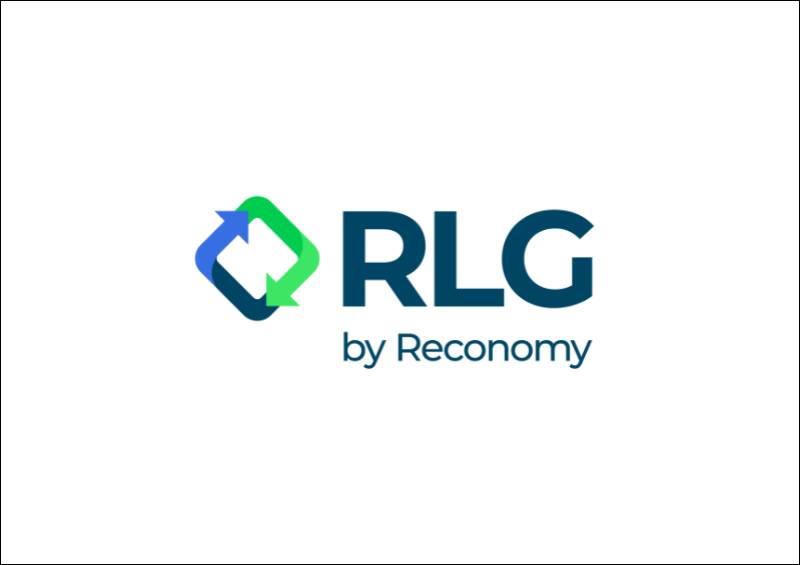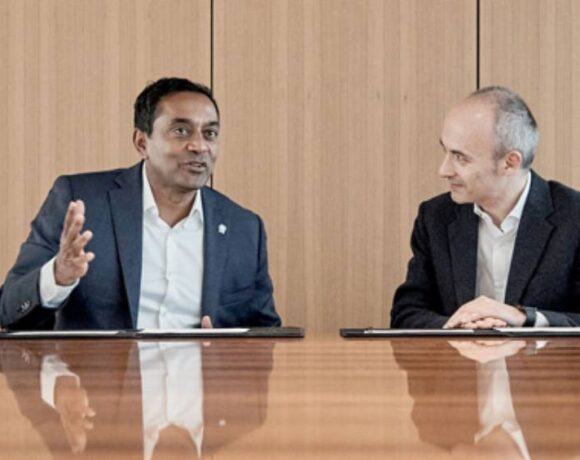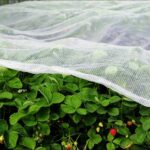Redress To Help Textile Businesses Comply With EPR Regulations

Reconomy, a global circular economy specialist, has launched a tech-enabled, international service to help businesses comply with textile Extended Producer Responsibility (EPR) regulations.
The service called ReDress will help businesses understand and manage their global obligations under textile EPR laws, including timelines, financial impacts, and reporting requirements.
“With support from ReDress, businesses will also be better placed to redress the environmental impact of fashion,” a press release from Reconomy informed.
As a global provider of circularity solutions, Reconomy is comprised of over a dozen integrated brands, each with its own specialiszation.
In the United States, Reconomy is predominantly represented by Reverse Logistics Group (RLG), which has been a leading provider of EPR compliance services since 2005 and has 23 offices worldwide.
As the first important step of ReDress, a Producer Responsibility Organization (PRO) was formed in Italy on April 5, 2024 by RLG in Italy.
The ReDress solution combines horizon scanning, data management, environmental compliance, omni-channel take-back, and repair services.
ReDress leans on Reconomy’s specialist international capabilities throughout the resource cycle to provide a one-stop-shop service for the complex questions posed by textiles EPR.
EPR is an environmental policy determining the responsibilities producers have at the post-consumer stage of a product’s lifecycle. So, EPR supports positive environmental change via incentives and fees.
In March 2024, the European Parliament passed the first stage of amendments to the Waste Framework Directive or EPR for textiles and will soon be mandatory across EU member states.
Global implementation of these laws is accelerating as textile production is highly resource-intensive with low recycling rates.
The industry uses 93 billion cubic meters of water a year, is the third highest user of water and land, and the fourth most carbon intensive, while less than 1 percent of textiles worldwide are recycled.
Reconomy’s ‘Re-use’ loop is already trusted to manage over 96 million product returns a year for major fashion and homewares brands, and has demonstrated a 20 percent reduction in its customers’ carbon intensity since 2020.
In its ‘Comply’ loop, Reconomy submits over 10,000 data declarations every year from 23 regional hubs servicing over 80 countries.
Reconomy has seen significant recent growth, with more than 4,000 colleagues and over 10,000 customers.














